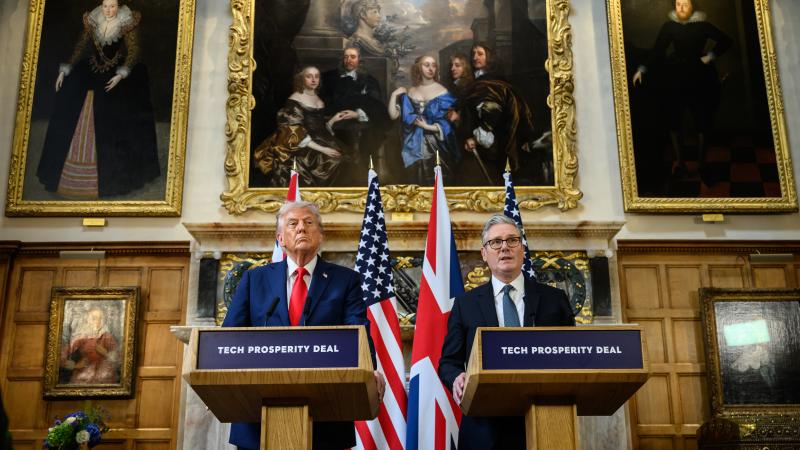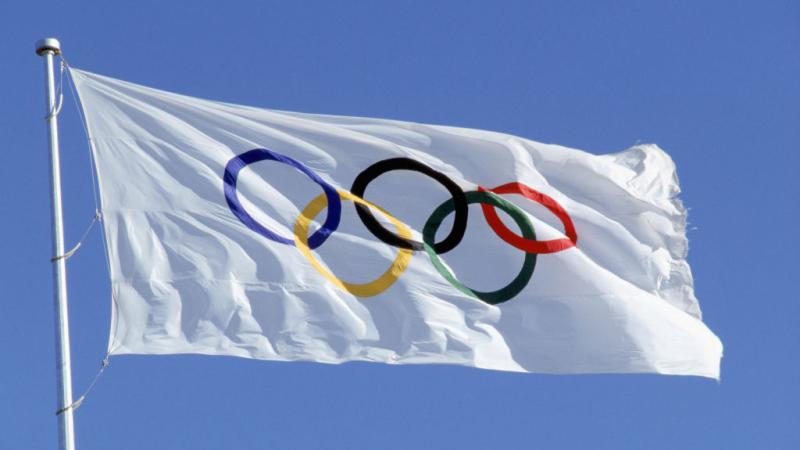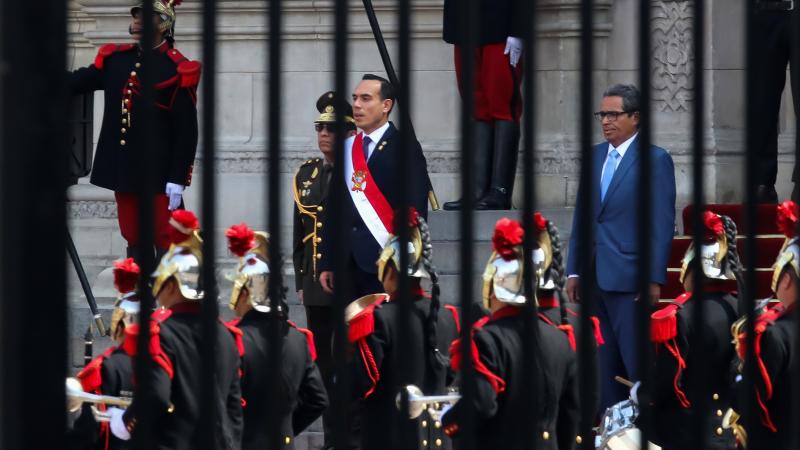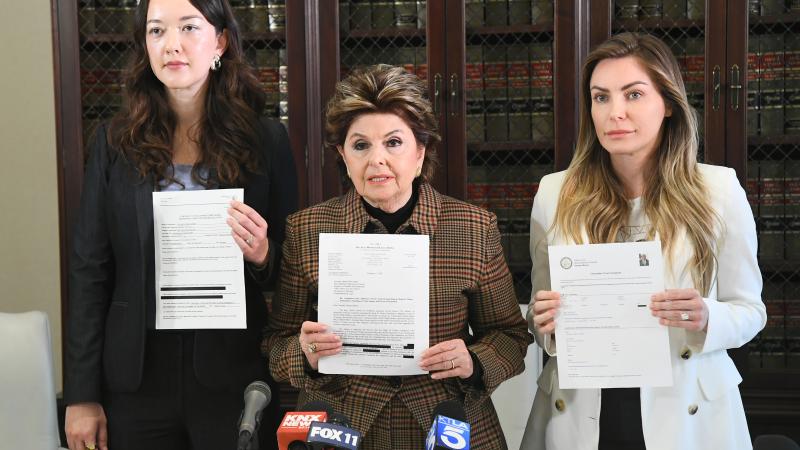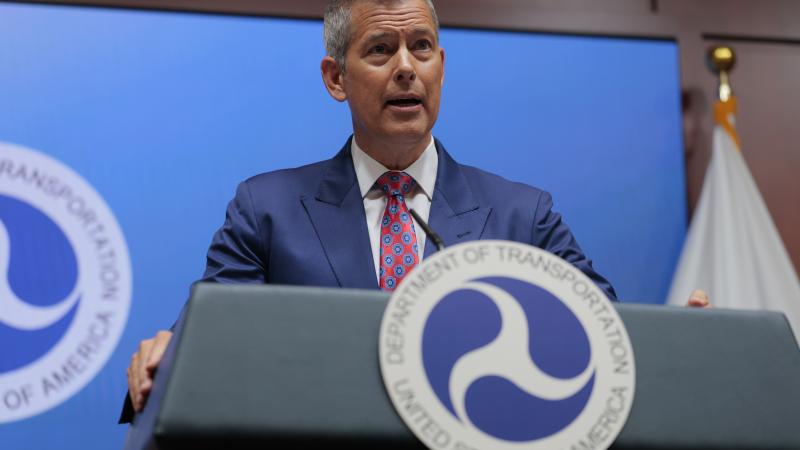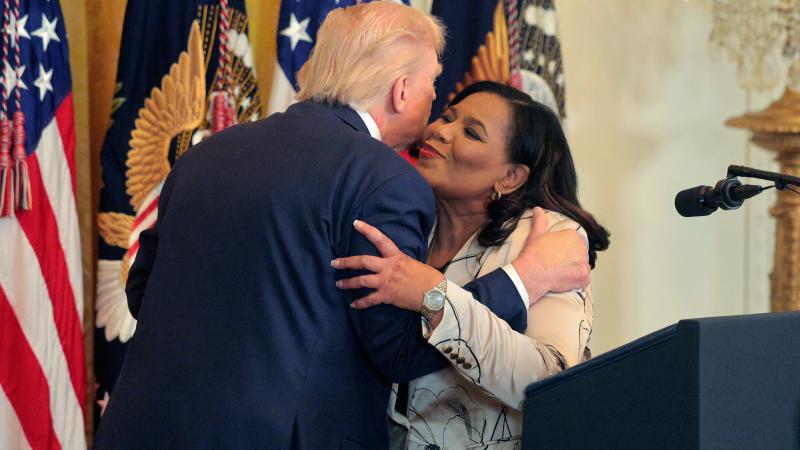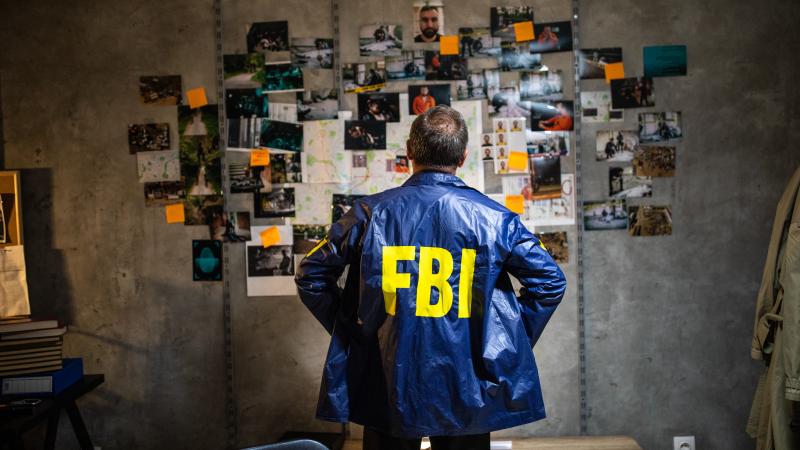Experts see ‘anti-Western’ movement as antisemitism, as other bigotries surface in campus protests
“If Israel did not exist, they would still seek to tear us down. Hating Israel allows them to bring groups that have nothing to do with each other together,” Cornell University Law Professor William Jacobson said.
Amid the Israel-Gaza conflict arising after Hamas murdered more than 1,200 citizens and raped at least several dozen women on October 7 of last year, college campuses have been infested with sometimes violent pro-Palestinian demonstrations and encampments, many of which been criticized as antisemitic or anti-Israel.
Such protests have spread across the country and prompted considerable scrutiny toward higher education, its mismanagement and the allegedly pervasive antisemitism within its institutions.
But while Congress mulls legislation to clamp down on antisemitism, including both oversight efforts and legislation, other bigotries and biases within academia have come to the forefront through several viral moments and public statements from major political figures.
Four years ago, America’s major cities faced widespread riots over the death of George Floyd. The fallout led to widespread public embrace of widely divergent interpretations of Critical Race Theory (CRT) and the adoption of Diversity, Equity, and Inclusion (DEI) initiatives, which make highly racialized assertions about the relationship between oppressors and the oppressed.
Academia's widely-spread classification of Israel as a “settler-colonial” state, moreover, appears to have linked the semi-racial rhetoric surrounding the Israeli-Palestinian conflict with the comparable narratives of CRT and led to the clearer manifestation of racial bias beyond antisemitism in the public eye.
Experts see the ideologies are part of a broader movement
“So, there is no doubt that the toxicity and the racialization of education contributed to a movement that now explicitly seeks to take down our country,” Cornell University Law Professor and Legal Insurrection founder William Jacobson told Just the News. “At its core, what we’re seeing happen on campus is an anti-western, anti-capitalist movement that uses hatred of Israel as an organization mechanism.”
“The animating spirit of these protests and the animating spirit of everything that is happening is anti-American and anti-western animus,” said Heritage Foundation Senior Fellow Mike Gonzalez, author of “NextGen Marxism: What It Is and How to Combat It.”
“That includes capitalism, representative democracy, the renaissance, the reformation… it includes all of that. All of that is presented by them as ‘white supremacy,’” he went on. “When that side talks about white supremacy they don’t actually mean white supremacy.”
Gonzalez pointed to “White Fragility” author and well-paid speaker Robin DiAngelo and relayed her assertion that a literal understanding of the term “white supremacy” as the dominance of white people was too limited. “White supremacy is everything and in fact all of critical race theory is based on that idea,” he said, describing DiAngelo’s position. “The system is racist and structurally oppressive and, if you follow that logic… the system and the structures must be gotten rid of.”
Speaking to Just the News in December, Harvard Law School Professor Emeritus Alan Dershowitz directly linked college bureaucracies supporting DEI initiatives with on-campus antisemitism that had manifested in the wake of the Oct. 7 Hamas atrocities that kicked off the ongoing hostilities.
Criticizing then-Harvard President Claudine Gay over her handling of the issue, he asserted that the “DEI bureaucracy” had served as “the incubator for antisemitism in campuses all over the country.”
“Settler-colonialism” and “Critical Race Theory”
Anti-Israel movements such as the “Boycott, Divest, and Sanction” (BDS) movement have contended that Israel is a “settler colonial” state, calling settler colonialism a “defining and ongoing feature of Israel’s oppression of Palestinians.”
Proponents of that narrative point to the gradual settlement of Jews in the former British Mandate of Palestine and the eventual expansion of the Israeli state within its former borders at the expense of Palestinian-administered land through the past eight decades. Those proponents consistently ignore the fact that Israeli borders expanded largely as the outcome of the 1967 "Six-Day War." The biggest change to Israel's frontiers came in 1967, when the conflict known as the Six Day War left Israel in occupation of the Sinai peninsula, the Gaza Strip, the West Bank, East Jerusalem and most of the Syrian Golan Heights after defeating a surprise attack by three different Arab armies.
Critical Race Theory (CRT), meanwhile, focuses not on Jews, but largely asserts that racial biases are pervasive within all western institutions, which have allegedly been established for the benefit of white people.
The concept has attracted considerable criticism from conservatives and saw a surge in popularity in the wake of the 2020 death of George Floyd. Some Republican-leaning states, such as South Dakota, have also moved to ban its instruction in public institutions.
Through the rubric of "intersectionality", they cast a wide net
Both CRT and “settler colonial” assertions hinge to some degree on the relationship between a so-called “oppressor” and the “oppressed,” though both generally place different groups in either role. Dershowitz, for his part, asserted that the while Jews had been cast as oppressors in the contest of the Israel-Palestine conflict, the wider DEI narrative had roped in far more people.
“And under intersectionality, the oppressors who are the Jews, the whites, the Christians, they can do no right,” he also said. “And the oppressed Palestinians can do no wrong.”
Jacobson echoed that sentiment, and asserted that CRT and related Diversity, Equity, and Inclusion (DEI) established a framework that would naturally lend itself to the exclusion of key groups.
“At its core, what is loosely called CRT, or Ibram Kendi’s anti-racism theory, or DEI, at their core are very tribal sort of analogies or tribal categorizations of group identity that set people against each other based on their group identity rather than treat people as individuals,” he said.
“It’s clear that when you have a system that considers the United States illegitimate, considers it a colonial occupation, considers it systemically racist, and considers that it exports that to other countries like Israel, that it’s inevitable that some groups get left out, whether it's Zionists, Jews, or pro-American conservatives,” Jacobson continued.
The mask slips: Pro-Palestine rallies highlight other bigotries
Seemingly lending itself to Jacobson’s point was a viral video purporting to show a pro-Palestinian demonstrator at UCLA espousing explicit anti-white sentiment.
“You’re just a white person. You’re just a white person. Get out of here. We don’t like white people,” she said to someone off-camera. The demonstrator went on to shout “free Palestine!”
Reacting to that video, Turning Point USA founder Charlie Kirk stated that “[f]or the past 10 years its [sic] been ‘cool’ to hate white people, simply for who they are. In the past six months, it's become obvious that Jews are considered ‘white’ as well - and many Jews have become shocked at all the hatred towards them.”
“If you put up group hatred in one way, it will grow into a monster that cannot be controlled. Right now, there is a war on the West and on civilization,” he added. “The activist left hates Jews, white people, Christians, anyone who thinks the West is best, and any institution or historical figure that proves the West is best. You are seeing leftists for who they truly are.”
In an interview with Time Magazine released this week, former President Donald Trump discussed what he believed to be the Biden administration’s opposition to Catholics and other groups, before claiming that anti-white sentiment had become pervasive in the U.S.
"If you look at the Biden Administration, they're sort of against anybody depending on certain views. They're against Catholics. They're against a lot of different people,” Trump said. “They actually don't even know what they're against, but they're against a lot. But no, I think there is a definite anti-white feeling in this country and that can't be allowed either."
"I don't think it would be a very tough thing to address, frankly. But I think the laws are very unfair right now,” he added. "Education is being very unfair, and it's being stifled. But I don't think it's going to be a big problem at all. But if you look right now, there's absolutely a bias against white and that's a problem."
Why the focus on Israel?
Gonzalez and Jacobson both contended that Israel served as an effective proxy for anti-American sentiment in light of its shared economic and political systems.
“They hate Israel because Israel is mini-me America. It’s all the things they hate,” Gonzalez said. He then pointed to a quote from David Horowitz’s “Barack Obama’s Rules for Revolution: The Alinsky Model”:
“An SDS radical once wrote, ‘The issue is never the issue. The issue is always the revolution.’ In other words the cause - whether inner city blacks or women - is never the real cause, but only an occasion to advance the real cause which is the accumulation of power to make the revolution.”
Jacobson contended that the Israel-Palestine issue served as an opportunity for anti-American actors to unite disparate groups to work against the U.S.
“If Israel did not exist, they would still seek to tear us down. Hating Israel allows them to bring groups that have nothing to do with each other together,” he said. “They hate the United States and they hate what they see as the United States’s proxy in the Middle East… There is obviously a more deep-seeded hatred of Jews. There is some of that on the extreme left but that is what the Islamist component of this brings.”
“Yes, this is about Israel [but] at its core, if Israel ceases to exist, they would still want to tear us down,” he continued, before referring to a recent incident in which demonstrators attempted to replace an American flag at the University of North Carolina Chapel Hill with a Palestinian flag, but were thwarted by fraternity members.
“What is the possible logic, if you’re just anti-Israel, for taking down the U.S. flag at the University of North Carolina and replacing it with a Palestinian flag?” he asked. “That I think is very symbolic. The United States is their target.”
Ben Whedon is an editor and reporter for Just the News. Follow him on X, formerly Twitter.
The Facts Inside Our Reporter's Notebook
Links
- Hamas murdered more than 1,200 citizens
- raped at least several dozen women
- sometimes violent pro-Palestinian demonstrations
- Prof. William Jacobson
- contended
- South Dakota
- stated
- Time Magazine
- David Horowitzâs
- Chapel Hill
- X, formerly Twitter


